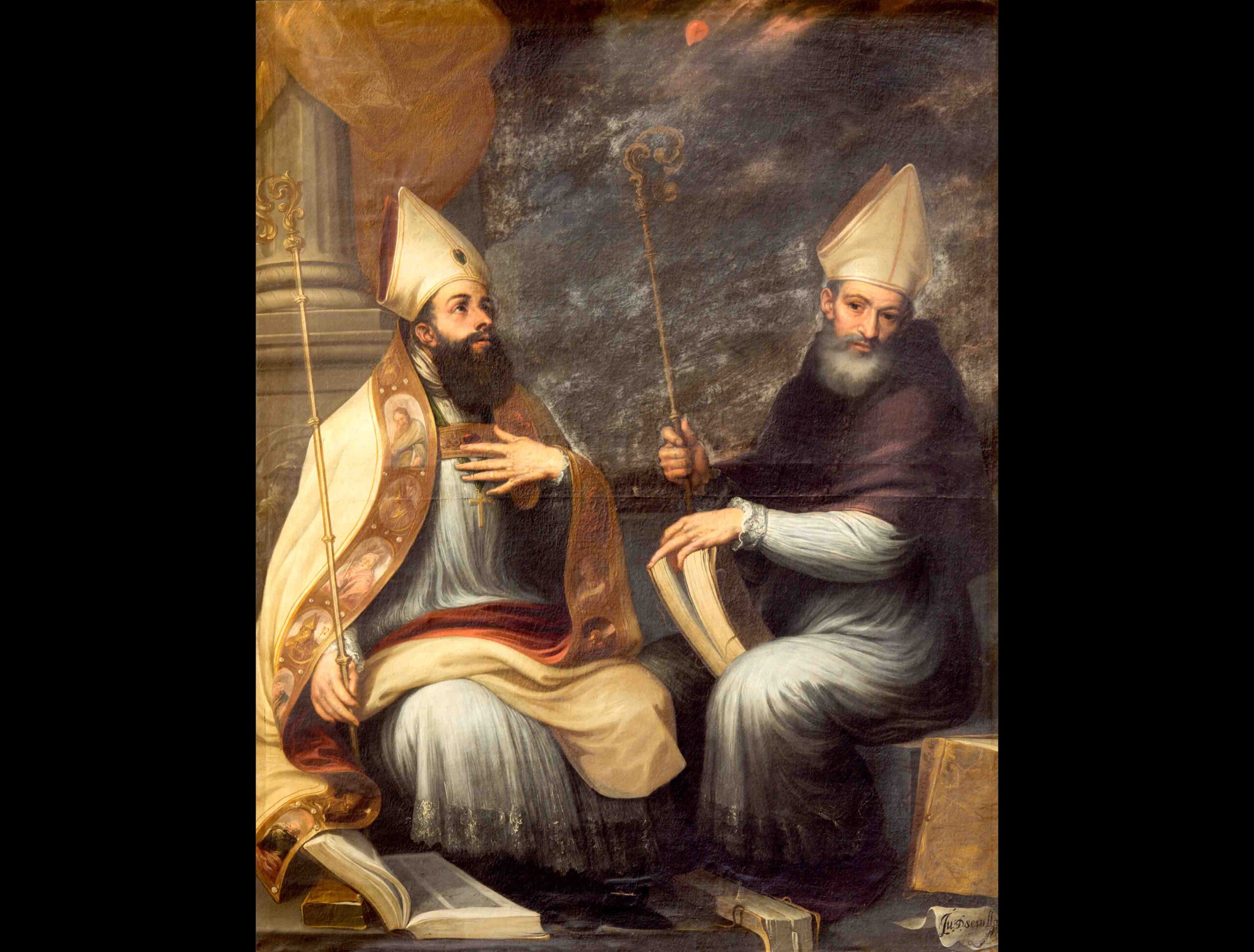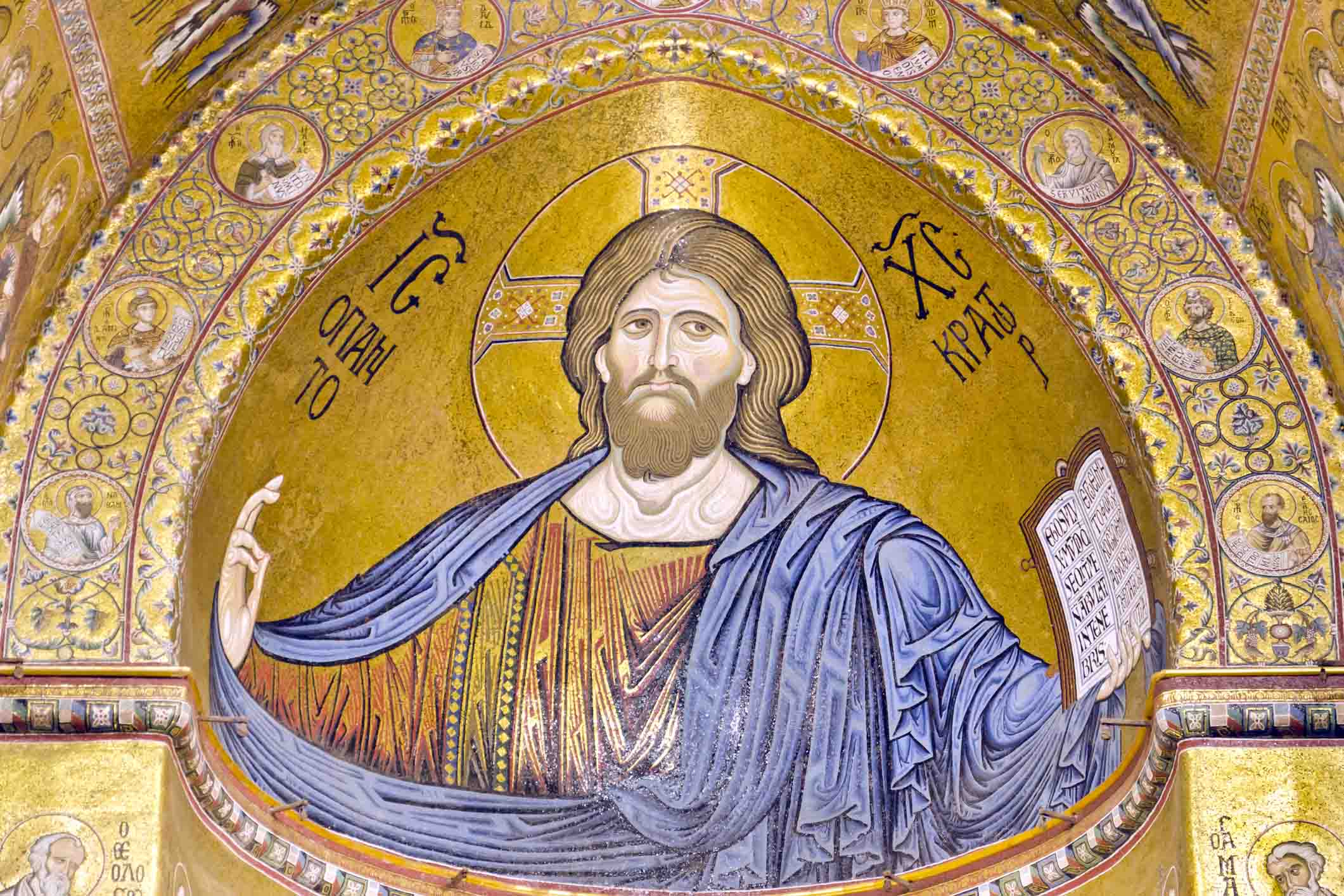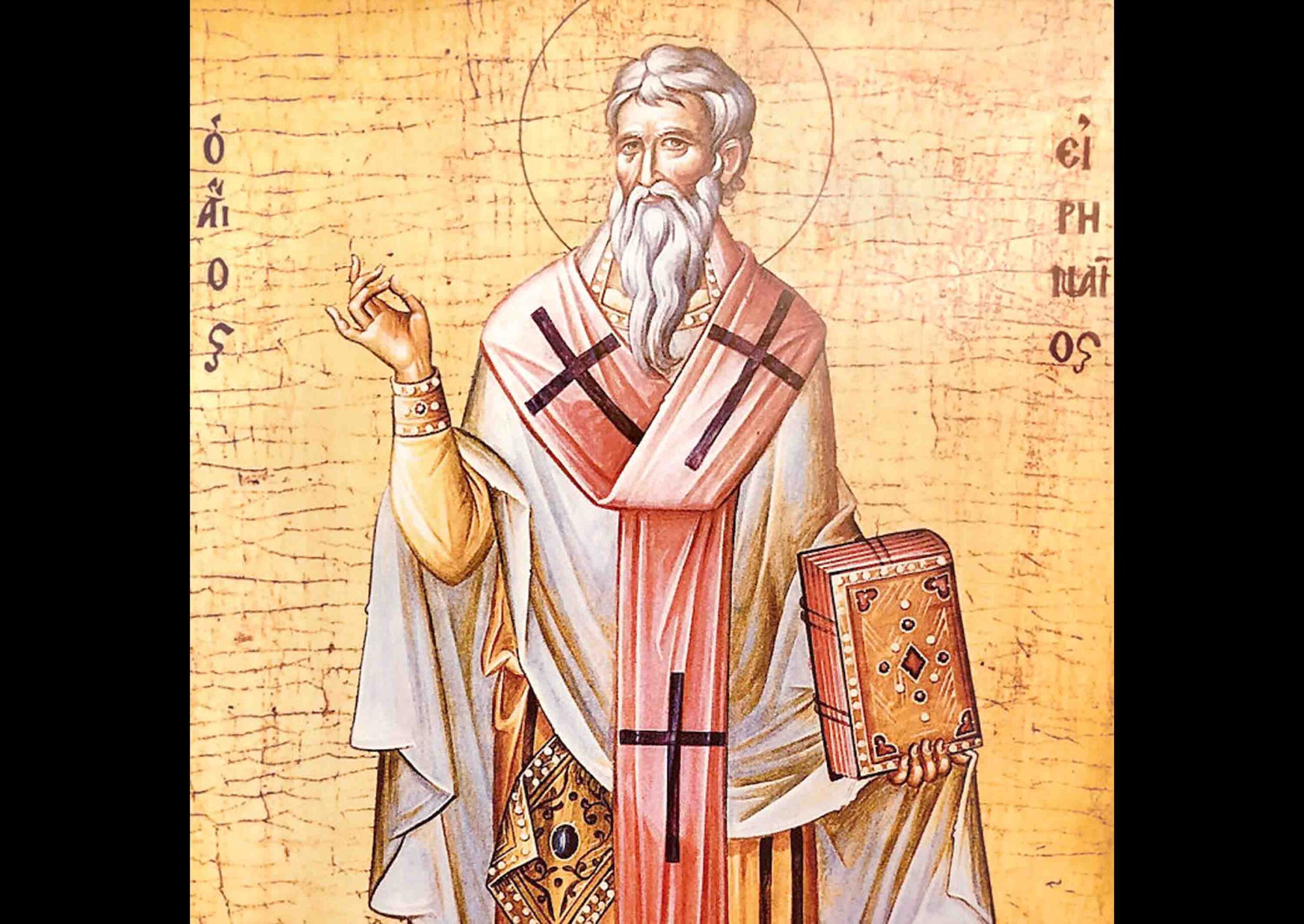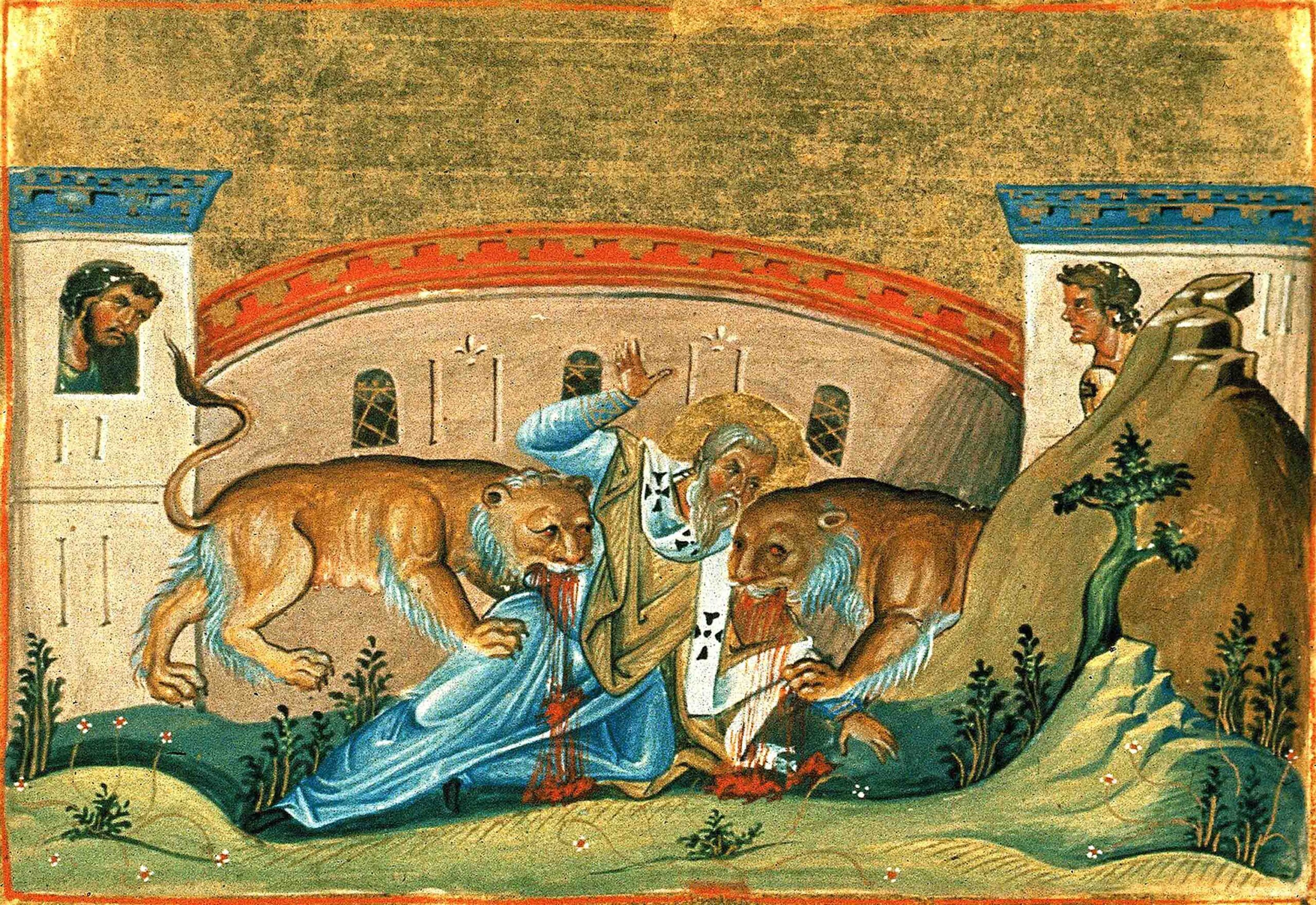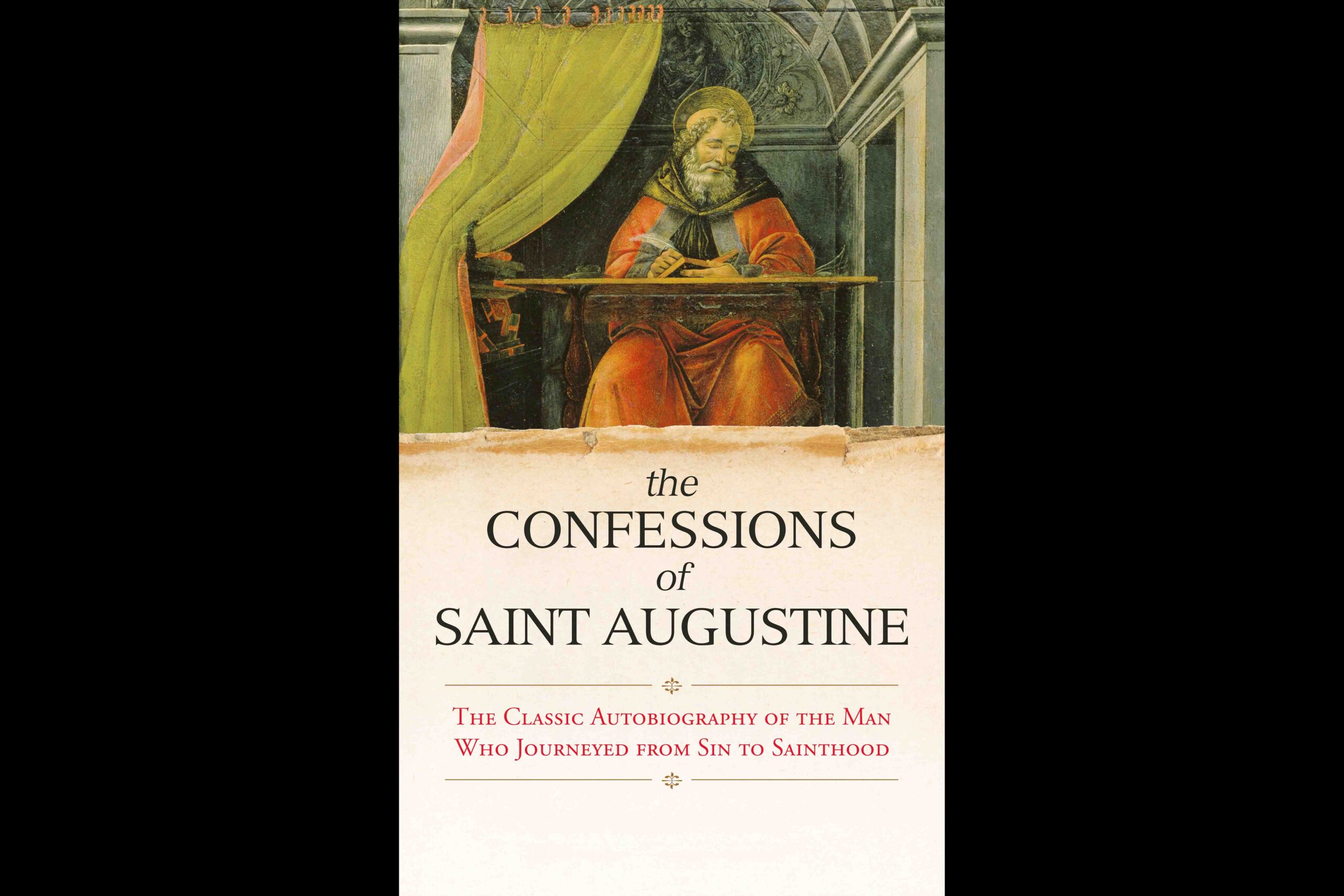To put it simply, that which the soul is in the body, the Christians are in the world.” This is the central statement of the letter and it gives the summary of the differences of the Christians’ way of life as compared with that of the other inhabitants of this earth. It gives the strong sense of identity of the followers of Christ’s religion and their proud conscience and joy of being different. They are different because of their demanding morality and trans-temporal perspective that makes them be in the world without belonging to the world.
The following are the most interesting passages of the Letter: “For the Christians are distinguished neither by country, by language nor by customs from the rest of men. They do not anywhere inhabit their own proper cities, nor do they make use of a different dialect nor do they lead a special type of life. This teaching of theirs has not been discovered by the design and thought of inquisitive men.”
“NOT ACCORDING TO THE FLESH”
“They do not champion a human opinion as do others. But they inhabit Greek and barbarian cities as is each one’s lot, and, while following the local customs in dress, food and the rest of their life, they manifest the amazing and confessedly incredible manner of their society.
“They dwell in their countries, but as strangers; they participate in all things as citizens and endure all things as foreigners. Every foreign land is their homeland and every homeland is foreign to them. They marry as everyone does and give birth, but they do not cast their new born infants away. They serve themselves from a common table, but not a common marriage bed. They live in the flesh but not according to the flesh. They pass their life on earth, but have their citizenship in heaven. They obey the established laws and by their own lives they vanquish the law.
“They love all people and are persecuted by all. They are unknown yet are condemned, are put to death yet are made to live. They are poor, yet enrich many; they are lacking all things yet abound in all things. They are dishonoured and in dishonour they are glorified. They are slandered yet they are justified, they are insulted yet they bless, they are maltreated yet they return honour. Although they do good, they are punished as evil and when they are punished they rejoice as though they are being made to live. The Jews battle them as strangers, the Greeks persecute them and those who hate them are not able to say the cause of their hostility.”
THE SOUL IN THE BODY
“To put it simply, that which the soul is in the body, the Christians are in the world. The soul has been spread through all the members of the body and the Christians through the cities of the world. The soul dwells in the body but is not of the body and the Christians dwell in the world but are not of the world. The invisible soul is guarded in the visible body and the Christians are known to be in the world, although their service of God remains invisible.
“The flesh, although it has never been wronged, hates and wars against the soul since it hinders the enjoyment of its pleasures. Likewise the world, though it has never been wronged, hates the Christians, for they are drawn up against its pleasures.
“The soul loves the flesh and its members which hate it and the Christians love those who hate them. The soul has been enclosed in the body yet it holds the body together, and although the Christians are held in the world as in a prison, they nevertheless hold the world together. The soul, though immortal, inhabits a mortal dwelling, and the Christians dwell among corruptible things while awaiting incorruptibility in heaven.
“The soul, maltreated with regard to food and drink, grows better, and the Christians, when they are being chastised, grow more numerous each day. God has placed them in so great a post, which it is not licit for them to abandon” (The Letter to Diognetus 5-6).
The Letter to Diognetus is a document from the IIth century, and it is an attractive and persuasive exposition of the Christian way of life. The passage we quoted above is only one chapter of the twelve constituting the whole letter. It is an apology of Christianity. Apologetics has traditionally been positive in its direct defence of Christianity and negative in its criticism of opposing beliefs. Its function is to fortify the believer against personal doubts and remove the intellectual stumbling blocks that inhibit the conversion of unbelievers.





















